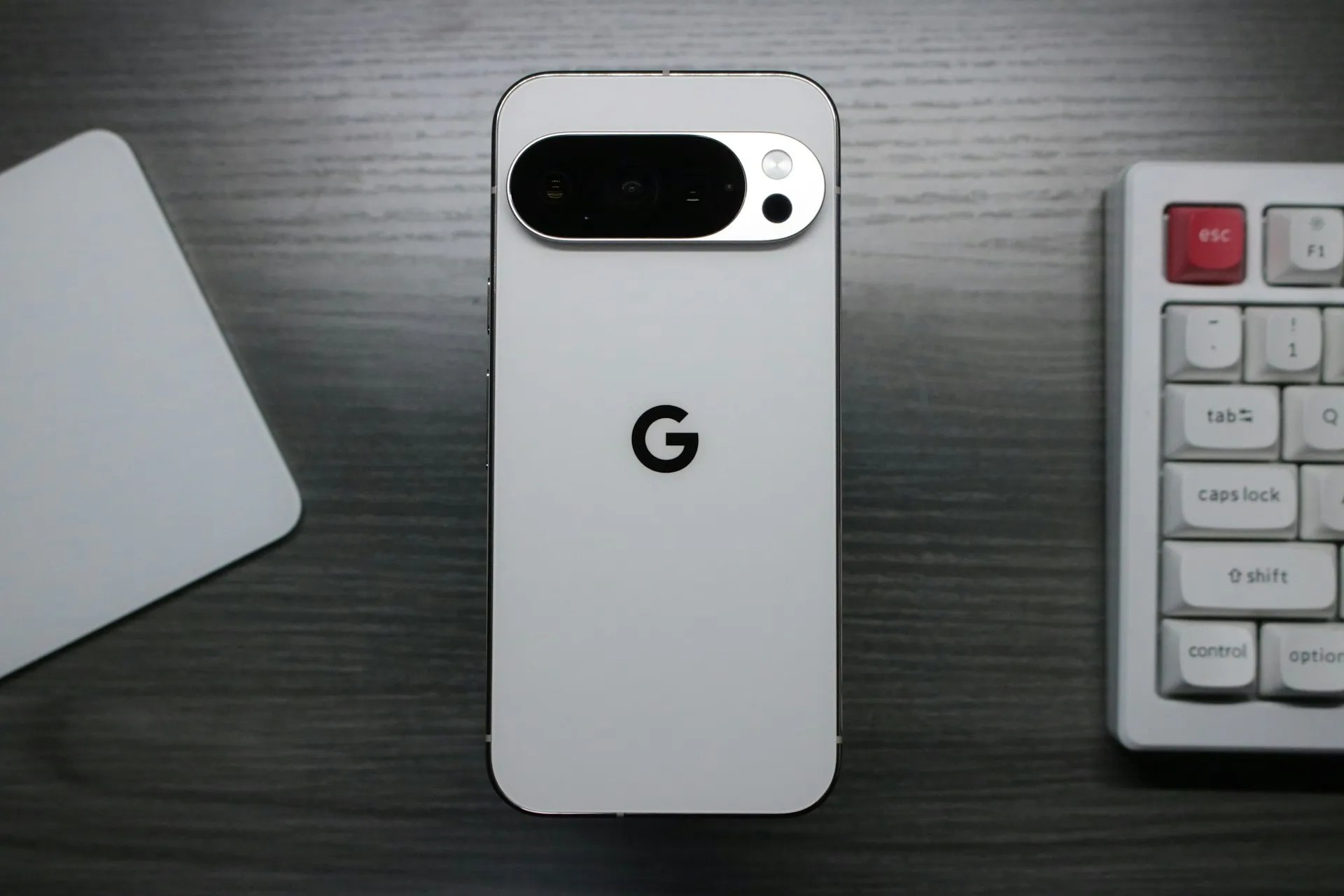The tech world is watching as federal courts tackle one of the most significant antitrust cases of the digital era. Google's advertising technology empire, built through years of strategic acquisitions and integration, now faces its biggest legal challenge yet. After being found guilty of maintaining illegal monopolies in its ad tech business, the company heads into remedy hearings that could fundamentally reshape how digital advertising works.
The stakes could not be higher. We are talking about a market worth about $200 billion annually in the U.S. alone. This is not another regulatory slap on the wrist; it is a potential breaking point that could redefine Big Tech's relationship with competition law.
How did we land here? While many assumed Google's search dominance was untouchable, the real vulnerability was hiding in plain sight: the complex machinery that powers digital advertising across millions of websites. And the case looks like it has grown bigger than Google. Analysts believe it is testing whether democratic institutions can actually constrain corporate power once it swells to monopolistic proportions.
What happens next: the path forward
The remedy hearings are a critical juncture, not just for Google but for the tech industry's relationship with antitrust enforcement. Judge Brinkema's decision will determine whether structural or behavioral remedies are most effective in restoring competition, and it will set precedents for future cases against other tech giants.
The ramifications stretch beyond ad tech. A strong ruling against Google could embolden regulators to pursue similar structural remedies against other companies accused of anticompetitive behavior. Think Amazon's dual role as marketplace operator and seller, or Apple's control over its App Store ecosystem. Conversely, weak remedies might suggest that antitrust law isn't equipped to handle modern technology markets, which could encourage dominant platforms to push boundaries.
What I find most compelling is the bigger question about economic power in a democracy. At what point does a company's success become so overwhelming that it undermines the competitive process itself? And if we reach that point, what are institutions willing to do about it?
The timeline for resolution remains uncertain, particularly given that Google plans to appeal the verdict. Even so, the current proceedings will set the framework for any eventual remedies, shaping the future structure of digital advertising markets and the tech industry more broadly.
Bottom line, we are witnessing a defining test for antitrust enforcement in the digital age. The question is not just whether Google will face meaningful structural changes; it is whether democratic institutions can constrain corporate power when it reaches monopolistic proportions. Whatever the outcome, this case looks like a watershed moment that could influence how we think about competition in digital markets for years and decide whether the era of unchecked Big Tech consolidation is finally ending.
























Comments
Be the first, drop a comment!